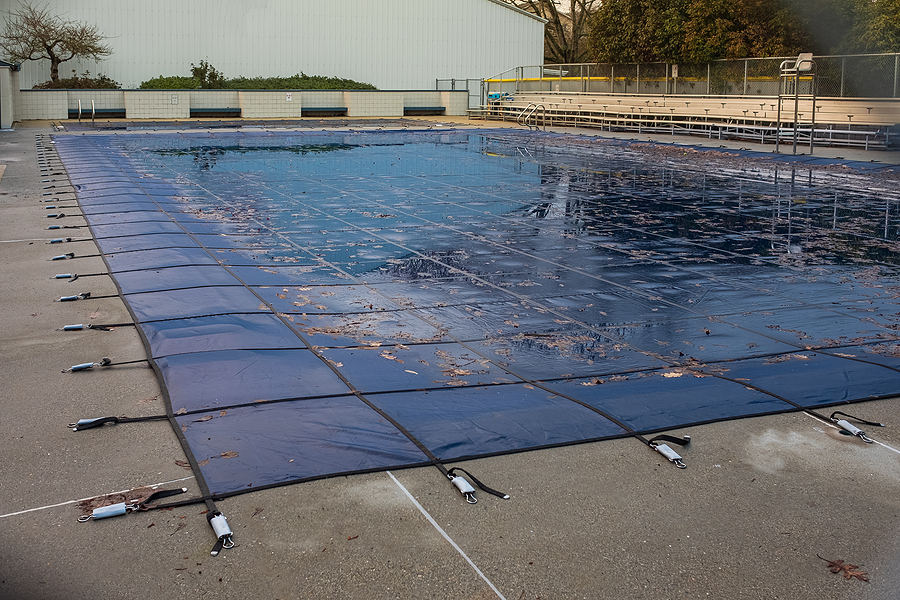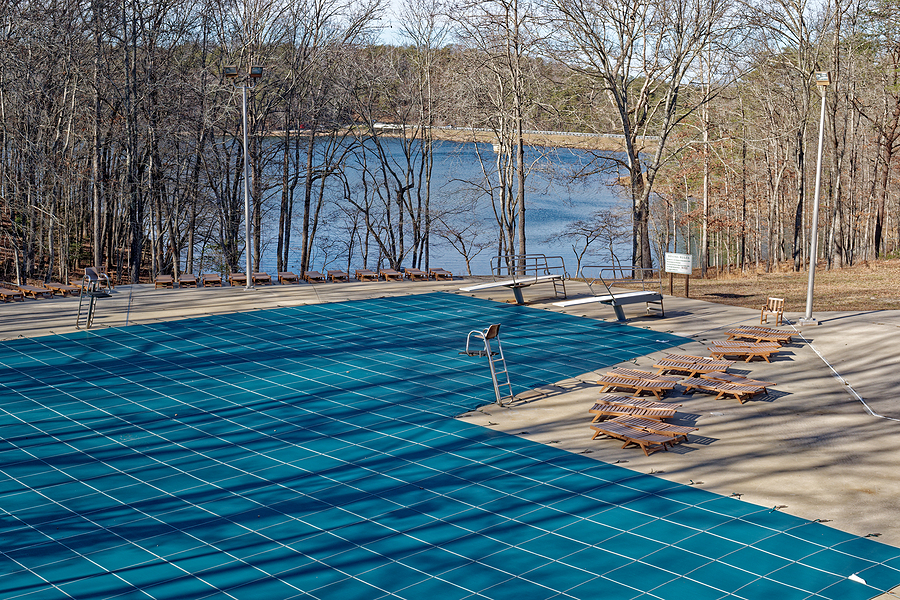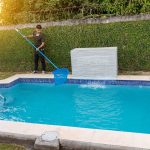Thinking “When Should I Close My Pool?” What You Need to Know
Swimming pools serve as a hub of relaxation and recreation in many homes. Whether it’s a refreshing swim on a sweltering day or a soothing evening dip, pools undoubtedly enhance our quality of life. But like all good things, there comes a time in the year when pool owners must consider the optimal time to close their pools. This decision is more intricate than it seems and requires a thorough understanding of several key factors.
3 Factors Influencing the Decision to Close Your Pool
Weather Conditions: Beyond the Chill
As seasons change, the amount of debris such as fallen leaves increases, which can clog and strain the pool system. Consistent nightly temperatures below 60°F (15°C) typically signal the start of the pool closing season. While colder temperatures are the primary indicators, they aren’t the only ones. Watch out for early leaf falls or unexpected cold snaps, as these can be indicators too.
Usage and Activity: Monitoring the Dip in Dips
As summer vacations end and school begins, pool usage often sees a natural decline. Beyond just the weather, if your pool isn’t receiving the frequent splashes it did in June or July, it might be a hint to start the closing process.
Water Quality: The Chemical Dance
Water quality is a silent indicator. If you find yourself needing to adjust chemicals more frequently or combat persistent algae blooms despite regular maintenance, it might be a sign that the weather is affecting your pool’s ecosystem. Ensuring your pool’s chemical balance is correct before closing is paramount. That’s why we recommend hiring a professional pool service. A pool that’s closed with an imbalanced chemical state can be a nightmare to reopen; don’t take the risk!
5 Steps to Closing Your Pool: How to Do it Right
Deep Cleaning
Before even thinking about covering your pool, engage in a thorough cleaning session. Remove all debris, vacuum the bottom, and brush down the sides. Cleanliness now prevents problems later. This can often be a time-consuming process. For this reason, we recommend consulting a professional pool maintenance company to take care of everything for you.
Water Levels: Finding the Balance
Different pools and climates require different water levels for the off-season. Generally, the water level should be lowered below the skimmer and jets. However, always consult your pool professional to determine the right level for your specific pool.
Chemicals: The Winter Warriors
Winter chemicals are designed to sustain long-term pool health during the colder months. These aren’t your everyday chlorine tablets. They help maintain a balance, deter algae, and ensure that the pool environment isn’t conducive to unwanted microbial growth. Your pool professional will provide all chemicals necessary!
Equipment Care: More Than Just Off-the-Shelf
Pool equipment, from heaters to pumps, can suffer damage if not properly winterized. Consider storage solutions for detachable items and ensure that permanent fixtures are adequately insulated.
The Protective Shield: Pool Covers
Think of pool covers as the guardians of your pool. The right cover keeps out debris, prevents water accumulation, and shields your pool from the elements. Investing in a sturdy, snug-fitting cover can save you a world of stress in the spring. It’s also extremely important that your pool cover is installed properly. With a professional pool company, you won’t need to worry.
Reopening: It’s Never Too Early to Think Ahead
It might seem counterintuitive to think about reopening when discussing closing your pool, but the two are intricately linked. If you live in areas with mild winters, or unpredictable weather patterns, having a tentative reopening time frame can influence your closing schedule. This ensures you make the most of your pool each year. This is especially important if you’re operating a commercial facility.
The Hidden Costs of Inadequate Closure
Cutting corners during the pool closing process might seem like a cost-saving move, but it’s a decision that often leads to higher expenses in the long run. Damages from freezing temperatures, chemical imbalances, or unchecked algae growth can lead to hefty treatment or repair bills when spring arrives.
Safety: A Closed Pool Still Needs Respect
Even when closed, pools can pose safety hazards, especially if there’s accumulated water on the cover. It’s essential to ensure that the pool area remains a safe zone, keeping children and pets away from the cover to prevent accidents.
So, “When Should I Close My Pool?”
Closing a pool is a significant task, and doing it right is crucial for the pool’s longevity and your peace of mind. So if you’re still thinking “when should I close my pool,” let Pool Operation Management handle it. Our expert pool closing service ensures a hassle-free transition into the colder months. In fact, we will help you get your pool opened come Spring. We provide all of the pool services you need, from inspections and service work to emergency and weekly service. What are you waiting for? Reach out to Pool Operation Management today to get started.








